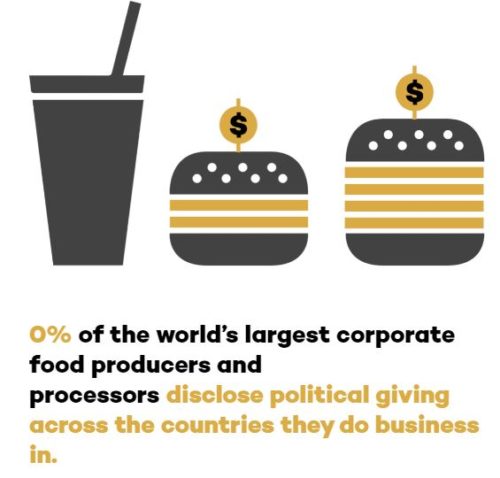University of Colorado returns Coca-Cola funding for Global Energy Balance Network
On Friday, the University of Colorado School of Medicine announced that it was giving back the $1 million that Coca-Cola had donated to fund the Global Energy Balance Network.
This is the group of scientists funded by Coca-Cola who were promoting activity as the best way to prevent obesity, but playing down any contribution of soft drinks and junk food to weight gain (see my post on this).
This is the fourth impressive result of the investigative report by Anahad O’Connor in the New York Times in August that revealed Coca-Cola’s funding of such initiatives.
- Coke’s chief executive, Muhtar Kent, disclosed that the company had spent almost $120 million since 2010 to pay for partnerships with medical and community health groups, and promised that the company would be more transparent.
- Coca-Cola set up a transparency website where it revealed the list of funded organizations.
- Coke ended its relationships with the Academy of Nutrition and Dietetics, the American Academy for Pediatrics, and the American Academy of Family Practice (or these groups pulled out—everyone seems to want to credit).
- Now this. Coke says it will donate the returned money to the Boys & Girls Clubs of America.
I am quoted in this story:
Marion Nestle, a professor of nutrition, food studies and public health at New York University, called the network “a front group” for Coca-Cola intended to promote the message that obesity is primarily caused by a lack of exercise, not by overconsumption of junk food.
On Friday, Dr. Nestle, the author of “Soda Politics,” said she was pleased that the university had returned the money.
“Both deserve congratulations for making a difficult but necessary decision,” said Dr. Nestle. “Let’s hope other groups also decide to do the right thing and end such financial relationships.”
Next?




